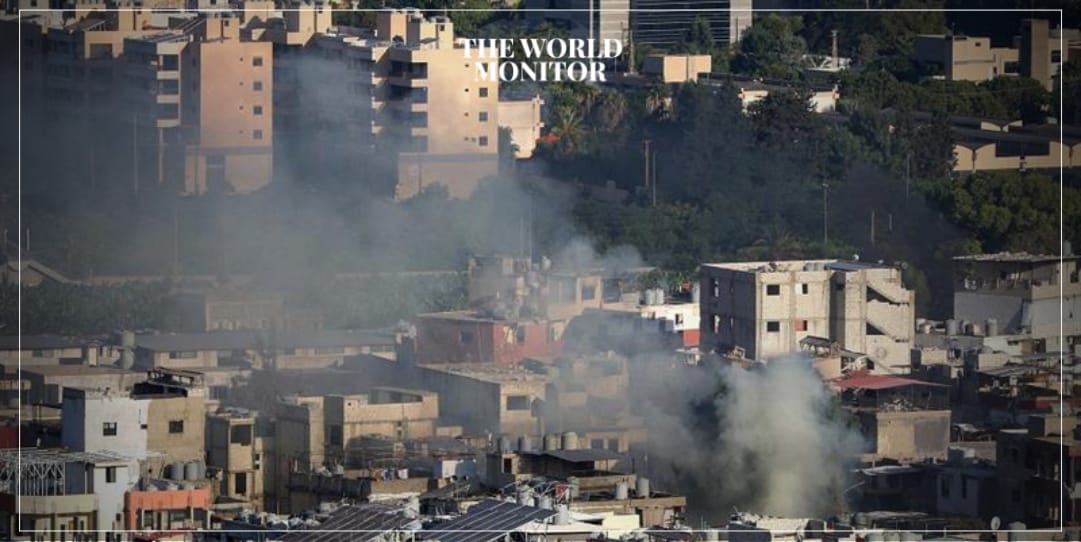Despite initial hopes for peace, a declared “immediate and lasting cease-fire” in Ein El Hilweh, Lebanon’s largest Palestinian refugee camp, has failed to hold. The cease-fire was announced following a meeting between a senior Lebanese general and representatives of rival Palestinian factions, following days of intense fighting that resulted in numerous casualties and injuries.
The declaration of the cease-fire was made by the General Security Directorate in Beirut. However, reports from within the camp and surrounding areas indicate that violence resumed shortly after the agreement was announced. Tragically, this pattern of ceasefires providing only temporary relief before hostilities resume has become all too familiar.
The conflict in Ein El Hilweh erupted on Thursday night after a relatively calm month within the camp. The clashes primarily involved Palestinian President Mahmoud Abbas’s Fatah group and other armed factions. These violent outbursts resulted in the deaths of at least six individuals and left over 50 others wounded, according to various sources. The UN agency for Palestinian refugees, UNRWA, confirmed four fatalities and 60 casualties.
The root cause of the hostilities can be traced back to Fatah and its allied militia factions within the camp, who sought to apprehend suspects accused of the late July killing of Fatah military general, Abu Ashraf al Armoushi. One of the primary suspects in Armoushi’s murder, Izzedine Abu Dawoud, sustained critical injuries during Monday’s clashes and was declared “clinically dead” by Lebanese security officials.
Despite the cease-fire declaration, Lebanese security officials and Fatah members expressed doubt about the prospects for a permanent end to the clashes in the near future. Some called for the Lebanese army to intervene, but it’s essential to note that Lebanese security forces generally do not enter Palestinian camps. According to experts, a lasting cease-fire may be elusive unless the suspects in Armoushi’s killing are handed over to Lebanese authorities for prosecution.
As the situation in Ein El Hilweh remains precarious, the residents and officials in the camp and surrounding areas continue to be deeply concerned about the prospects for lasting peace and stability in the region. The cycle of violence and ceasefires underscores the complexities and challenges of achieving a durable resolution in conflict zones like Ein El Hilweh.






